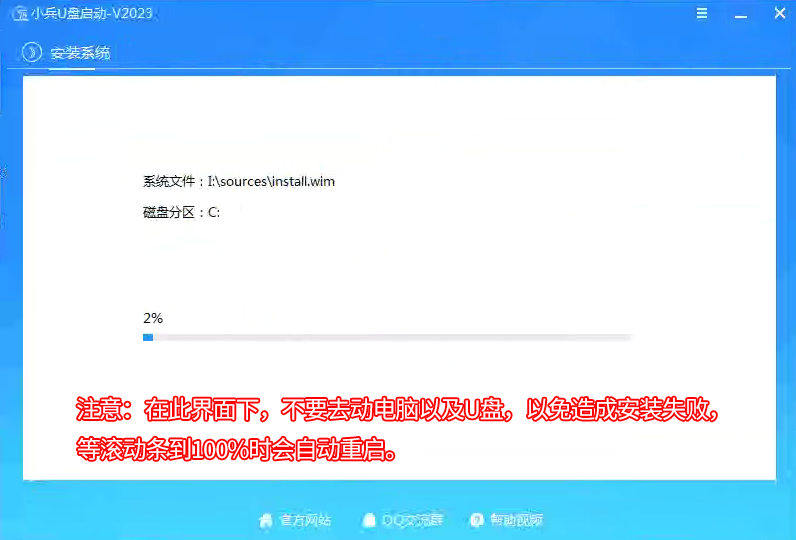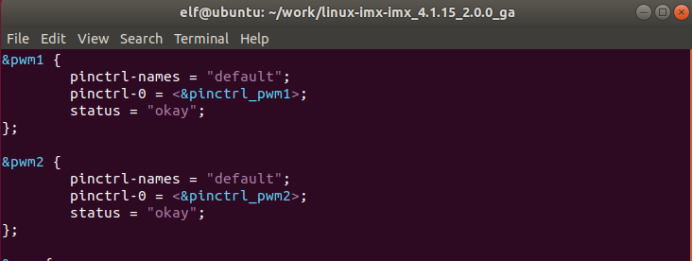消息队列实现多人聊天
分析:
每个程序都有两个任务,一个任务是负责接收消息,一个任务是负责发送消息,通过 fork 创建子进程实现多任务。
一个进程负责接收信息,它只接收某种类型的消息,只要别的进程发送此类型的消息,此进程就能收到。收到后通过消息
的 name 成员就可知道是谁发送的消息。
另一个进程负责发信息,可以通过输入来决定发送消息的类型。
设计程序的时候,接收消息的进程接收消息的类型不一样,这样就实现了发送的消息只被接收此类型消息的人收到,其它
人收不到。这样就是实现了给特定的人发送消息。
消息队列多人聊天程序流程图

代码实现:
#include <stdio.h>
#include <sys/msg.h>
#include <string.h>
#include <sys/types.h>
#include <sys/ipc.h>
#include <time.h>
#include <stdlib.h>
#include <unistd.h>
#include <wait.h>
typedef struct msg
{
// 类型
long type;
// 谁发的
char name[50];
// 消息内容
char info[300];
// 时间
char xxz_time[50];
} MSG;
char *getTimer()
{
time_t tim;
time(&tim);
struct tm *t = localtime(&tim);
// 开辟内存来存储时间
char *tstr = (char *)calloc(50, sizeof(char));
// 组包
sprintf(tstr, "%d年%02d月%02d日 %02d:%02d:%02d\n", t->tm_year + 1900, t->tm_mon + 1, t->tm_mday, t->tm_hour, t->tm_min, t->tm_sec);
printf("%s", tstr);
return tstr;
}
int main(int argc, char const *argv[])
{
// 存储姓名
char name[50] = {0};
printf("你的昵称\n");
fgets(name, 50, stdin);
// 接收消息类型
printf("你的消息类型是:\n");
long type = 0;
scanf("%ld", &type);
// 获取键值
int key = ftok("/", 951357);
// 获取消息队列
int msgid = msgget(key, IPC_CREAT | 0666);
// 创建两进程来实现 收发消息
int i = 0;
for (i = 0; i < 2; i++)
{
int xxz_pid = fork();
if (xxz_pid == 0)
{
break;
}
}
// 子进程1 发
if (i == 0)
{
while (1)
{
MSG m1;
strcpy(m1.name, name);
printf("他的信息类型:\n");
scanf("%ld", &(m1.type));
printf("请输入要说的话:\n");
scanf("%s", m1.info);
char *t = getTimer();
strcpy(m1.xxz_time, t);
free(t);
// 消息队列进行发消息 0 阻塞
msgsnd(msgid, &m1, sizeof(MSG) - sizeof(long), 0);
// 结束条件 当两个字符串内容一致的时候退出
if (strcmp(m1.info, "88") == 0)
{
break;
}
}
}
// 子进程2 收
else if (i == 1)
{
while (1)
{
MSG m1;
// 消息队列 接收消息
msgrcv(msgid, &m1, sizeof(MSG) - sizeof(long), type, 0);
// printf("%s\t%s说:%s\n", m1.xxz_time, m1.name, m1.info);
if (strcmp(m1.info, "88") == 0)
{
break;
}
}
}
else
{ // 进程回收
while (waitpid(-1, NULL, WNOHANG) != -1);
// 消息队列删除
msgctl(msgid, IPC_RMID, NULL);
}
return 0;
}
效果展示: 自己开多个终端就行,展示效果 不好截
















![书生浦语三期实战营 [进阶] 茴香豆:企业级知识问答工具实践闯关任务](https://i-blog.csdnimg.cn/direct/f35c088351c946a9867cd5eeaa940daf.png)


